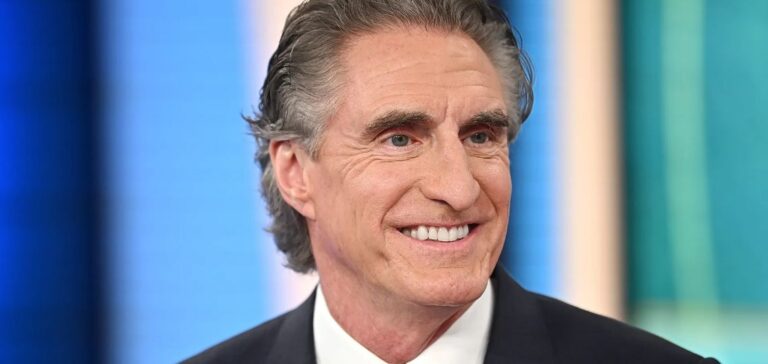The Trump administration continues its policy of developing natural resources by appointing Doug Burgum, a figure closely linked to the oil and gas industry. Born in North Dakota, Burgum, a millionaire from the sale of his software company to Microsoft, has distinguished himself as governor since 2016 and has affirmed his commitment to supporting hydrocarbon production.
Context of the Appointment
The U.S. Senate confirmed his appointment, granting Burgum the responsibility for managing federal lands and national parks. Additionally, he has been appointed to lead a National Energy Council (Conseil national pour l’énergie), an entity directly linked to the White House, which does not require Senate approval. This key position comes at a time when the United States, the world’s leading crude oil producer, seeks to increase production to fill strategic reserves and export its energy internationally.
The decision to appoint someone closely associated with the oil industry has been welcomed by the sector. The American Petroleum Institute expressed its satisfaction with the appointment, anticipating a swift removal of obstacles hindering development on federal lands and waters.
Sectoral Implications
Under the Trump administration, energy policy is steering towards increased exploitation of natural resources, despite earlier commitments to combat climate change. While Donald Trump previously dismissed climate change as a “hoax,” Burgum’s confirmation, while acknowledging the scientific reality of the phenomenon, illustrates a pragmatic approach combining hydrocarbon development with state-level carbon neutrality projects.
The appointment comes in the context of revising drilling bans, particularly in certain protected areas such as in Alaska. This strategic choice aims to reduce energy costs for American consumers while enhancing energy independence.
Outlook for the Oil Industry
The impact of this appointment on the sector is expected to lead to a relaxation of administrative regulations. The management of federal lands, directly linked to energy policy, could offer increased flexibility for market players to expand their activities. Burgum’s experience as governor, coupled with his entrepreneurial background, is seen as an asset for stimulating investments in the hydrocarbon industry.
Market observers will remain attentive to the concrete measures implemented in the coming months. The coordination between the Department of the Interior and the National Energy Council could also influence the overall strategy of U.S. oil industry players.





















